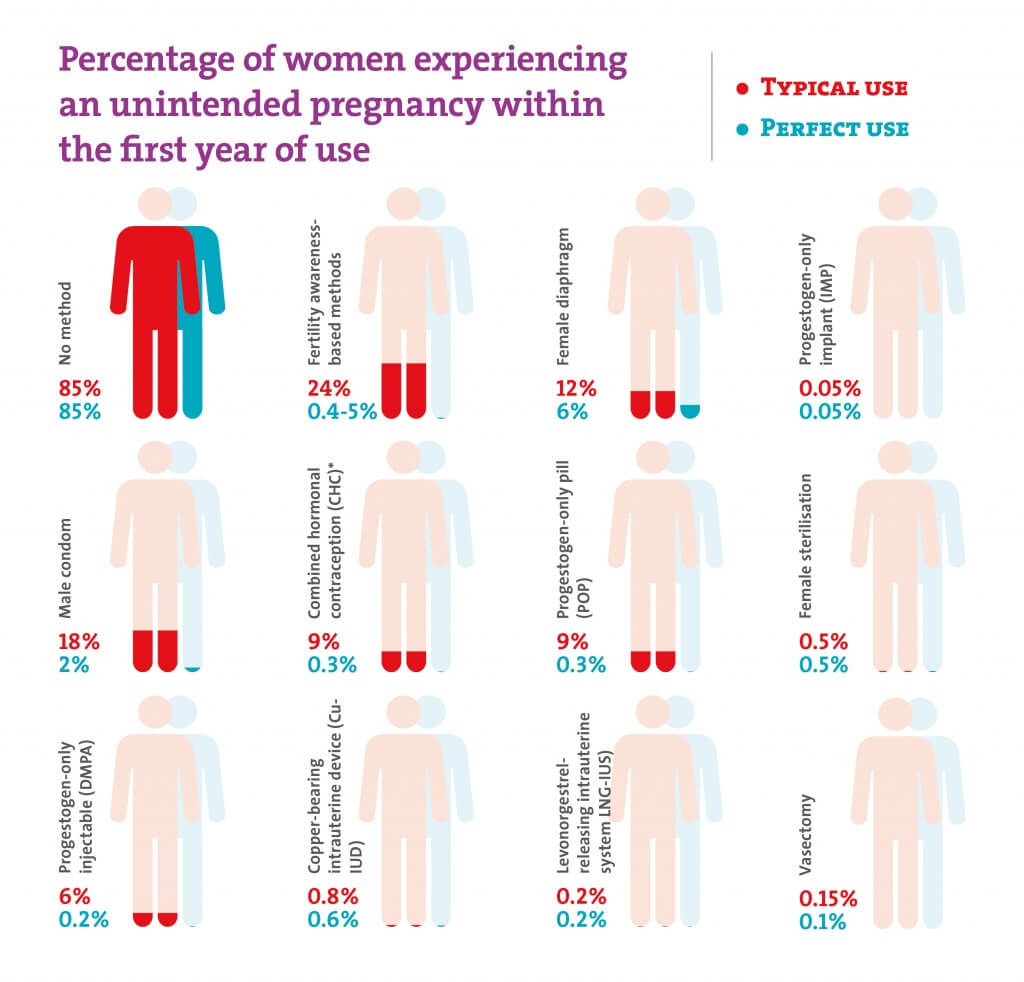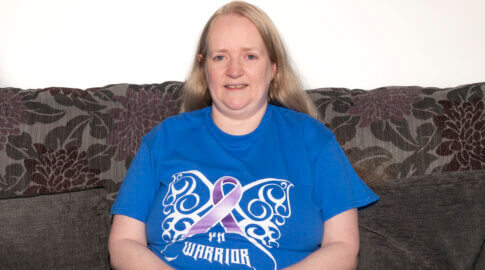Contraception & PH: An introduction
It’s important to remember that having PH does not mean a woman cannot get pregnant. Around the time of diagnosis, you should have been told not to get pregnant. However, we know that there is so much information to take in that sometimes people are left with the impression that PH stops you from being able to conceive.
Fertility is a complex issue and although having a chronic condition may reduce your chances of getting pregnant, the condition itself does not cause infertility. So if a woman with PH is not using contraception, she remains at risk of getting pregnant.
Pregnancy carries a very high risk for women with PH. The changes that happen in a woman’s body when they are pregnant cause an increased workload on the heart and lungs. Women with PH already have restricted lung function and a heart that is having to work harder than normal so this increased workload can be overwhelming. For a significant number of pregnant women with PH, the changes are so overwhelming, it leads to the loss of life of the expectant mother. This is why pregnancy is not recommended for women with PH and why contraception is so important.
There are an increasing number of contraceptives available and the choice can seem a little overwhelming. No contraception is 100% effective, all have slightly different advantages and disadvantages and it can be hard to know which is the best form to use. Add into this the complication of PH medications and it can seem even more unclear. We hope to provide an overview of types of contraception to enable you to make the right choice for your own situation. In general, most of these forms can be used in PH although some are (much) more suitable than others.
Amongst the general population, if 100 sexually active women don’t use any contraception, then 80-90 of those women will become pregnant within a year. The most effective contraception reduces that number down to less than one woman a year, which shows how successful contraception can be in preventing pregnancy.

Finding the right contraception for you may take time; what suits one person does not always suit another. Just because you have heard horror stories about one type of contraception from your friend, it doesn’t mean that same contraception won’t suit you. Likewise, if another friend raves about her form of contraception, you might try it and think it’s awful. So, consider the different types of contraception available and try the one that looks as if it will work with you and your situation. But remember, if you are not comfortable or happy, there are plenty of other options out there to try. Just talk about it with your PH team, practice nurse, GP or local family planning clinic, so that together you can find something that works for you.
Prescriptions for contraceptives are free of charge:
Q: My 10 year old daughter has PH. When should I talk to her about contraception?
A: There is no right or wrong time to start talking about contraception with your daughter. It can depend on so many different things like your relationship with her, how mature she is for her age or what your family beliefs are. You know your daughter better than anyone, so choose a time when it feels right to you. But, given the risk of pregnancy in PH, it is definitely worth talking about at a point before they may be exposed to the risk of getting pregnant.
















